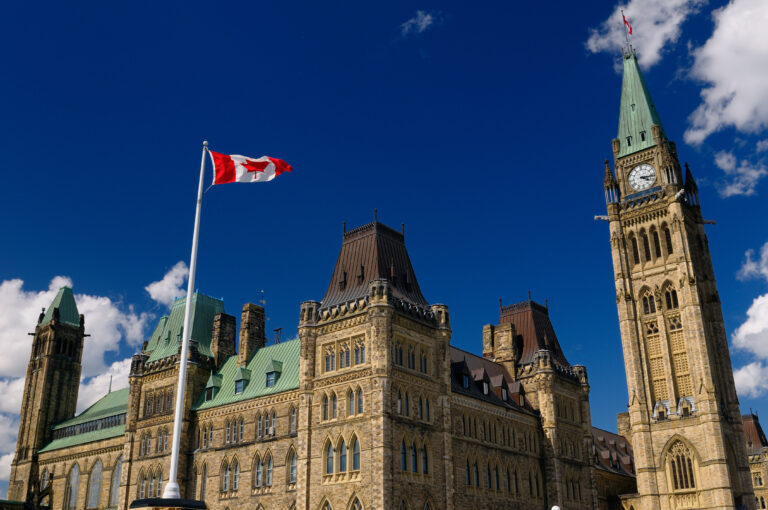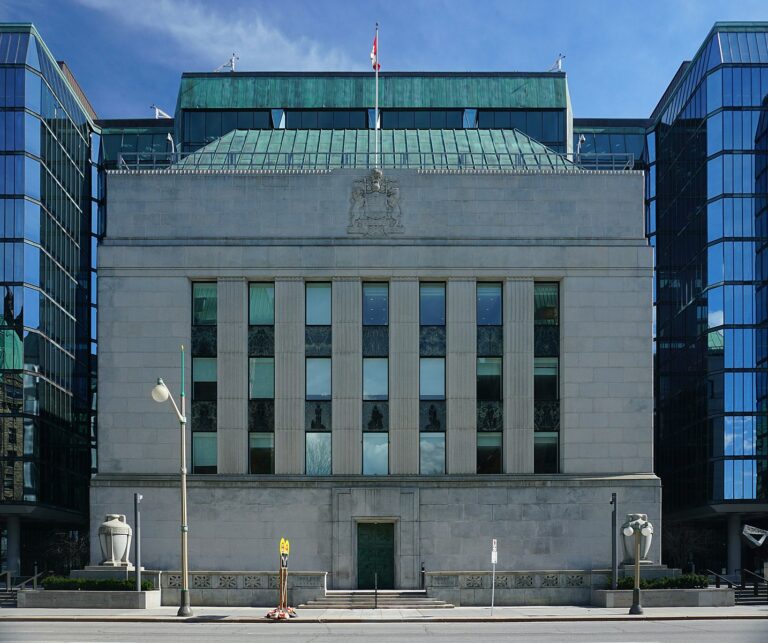
Unlocking Housing Access: Federal Initiatives Empower First-Time Home Buyers
The federal government unveiled new measures aimed at improving access to housing for first-time home buyers before the 2024 federal budget, as the government acknowledged the challenges young homebuyers face in saving a down payment for their purchase.


